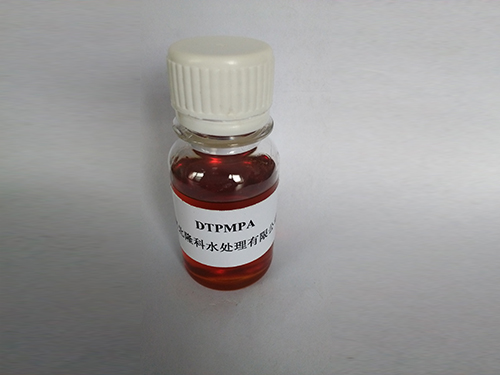Flocculant Chemicals Essential for Effective Water Treatment Solutions
Flocculant Chemicals for Water Treatment An Overview
Water quality is a critical concern for both public health and environmental sustainability. As populations grow and industrial activities increase, the demand for clean, safe water has never been greater. One effective method for treating water and enhancing its quality involves the use of flocculant chemicals. These substances play a pivotal role in the water treatment process by promoting the aggregation of suspended particles, ultimately facilitating their removal and resulting in cleaner water.
Flocculation is a process in which fine particulates agglomerate into a floc or larger particle that can be more easily separated from the water. This technique is particularly useful in various applications, including drinking water purification, wastewater treatment, and industrial water treatment, where the presence of contaminants can compromise water quality.
Types of Flocculant Chemicals
Flocculants can be categorized into two main types organic and inorganic.
1. Organic Flocculants These are usually polymer-based chemicals derived from natural sources such as starch, cellulose, or synthetic compounds. Common organic flocculants include polyacrylamides, which are widely used due to their high efficacy and ability to form larger flocs. Organic flocculants are favored in many applications as they tend to be more effective at lower doses and provide better flocculation performance.
2. Inorganic Flocculants These include compounds like aluminum sulfate (alum) and ferric chloride. Inorganic flocculants are known for their rapid reaction times and ability to work across a wide range of pH levels. However, they may require higher dosages compared to organic alternatives, and there is ongoing concern regarding residual aluminum or iron in treated water.
Mechanism of Action
The flocculation process begins with the addition of flocculants to the water. The charged particles in the water (such as silt, clay, and organic materials) interact with the added flocculants, which have a neutralizing effect on their charges. As the particles collide and agglomerate, they form larger aggregates. This process can be enhanced by stirring or mixing the water. Once the flocs reach a sufficient size, they can be removed through sedimentation or filtration.
flocculant chemicals for water treatment

Benefits of Using Flocculant Chemicals
The use of flocculant chemicals in water treatment presents several advantages
- Enhanced Clarity The primary benefit is the improvement in water clarity. Flocculation effectively reduces turbidity by removing suspended solids that can harbor pathogens or other harmful substances.
- Cost-Effectiveness By efficiently removing particulates, flocculants can reduce the need for extensive filtration and disinfection processes, resulting in lower operational costs in water treatment facilities.
- Improved Treatment Efficiency Flocculation allows for the rapid removal of contaminants, leading to shorter treatment times and improved overall efficiency of water treatment plants.
Challenges and Considerations
While flocculants offer numerous benefits, there are challenges to their use. The selection of the appropriate flocculant depends on the specific characteristics of the water being treated. Factors such as pH, temperature, and concentration of impurities can significantly influence effectiveness. Additionally, the environmental impact of residual chemicals and the sustainability of synthetic flocculants remain areas of ongoing research.
Conclusion
Flocculant chemicals are integral to modern water treatment processes, significantly contributing to the production of safe drinking water and the management of wastewater. As water scarcity and pollution become more pressing global issues, the role of flocculants will continue to be essential in efforts to ensure clean water access and maintain environmental integrity. Investing in research and development of more efficient and environmentally friendly flocculants will play a crucial role in the future of water treatment technologies.
-
Understanding Polycarboxylic Acids: Properties, Applications, and Future PotentialNewsJul.28,2025
-
Scale Inhibitor Explained: How to Protect Your System from Limescale and Hard Water DamageNewsJul.28,2025
-
Scale and Corrosion Inhibitors: Essential Chemicals for Industrial Water System ProtectionNewsJul.28,2025
-
Polyaspartic Acid: A Biodegradable Polymer for Sustainable ChemistryNewsJul.28,2025
-
Isothiazolinones: A Versatile Antimicrobial Class with Industrial Power and Regulatory ChallengesNewsJul.28,2025
-
A Deep Dive into 2-Phosphonobutane-1,2,4-Tricarboxylic Acid (PBTC)NewsJul.28,2025





